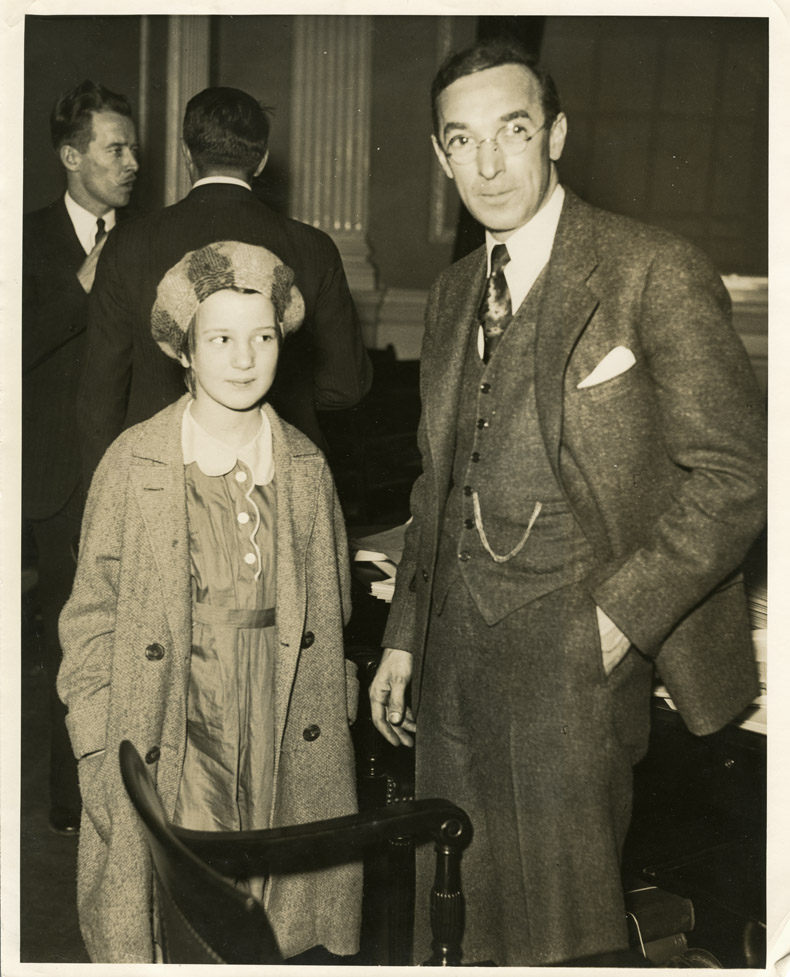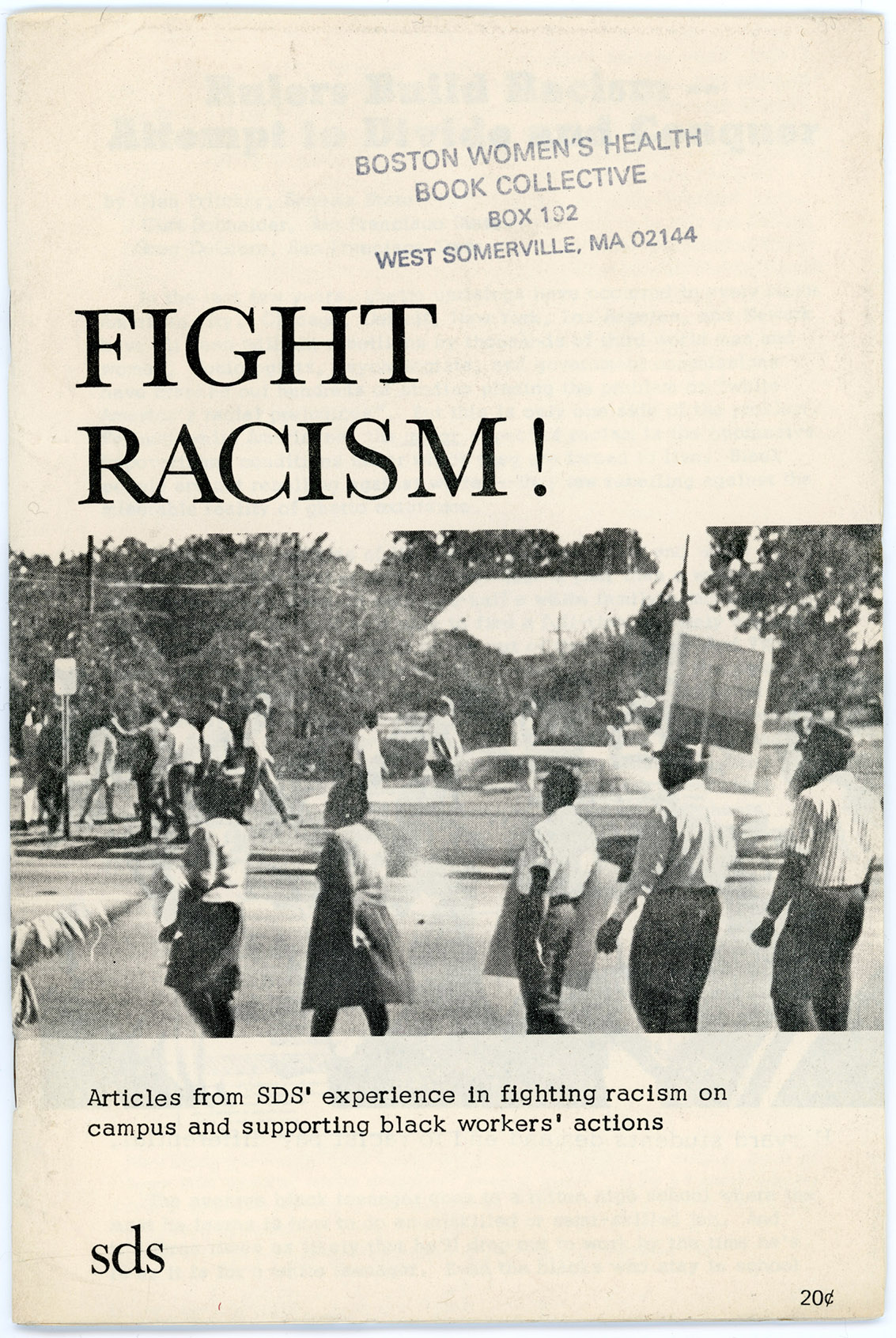Jacob and John E. Newland Account Book
Jacob Newland and his son John Everit Newland were farmers in Mansfield, Mass., during the earlynational period. A Revolutionary War veteran, Jacob died in 1823, leaving much of his operation to John, his second son.
The account book kept by Jacob Newland and later John E. Newland of Mansfield, Massachusetts, details much about the work of these farmers and their interaction with neighbors in eastern Mansfield during the early nineteenth century. The customers, most of whom seem to have been fellow farmers, made frequent use of the Newlands’ animals and animal-drawn vehicles (carriage, “waggon,” “slay”) for riding and work, in addition to purchasing products, using the Newlands’ labor, and leasing pasture land. The book also served as a leaf press and scrapbook for newspaper items bearing upon the Woman’s Christian Temperance Union, mention of social events and anniversaries, children’s sayings, short romantic fiction, and as a copybook for poetry.



